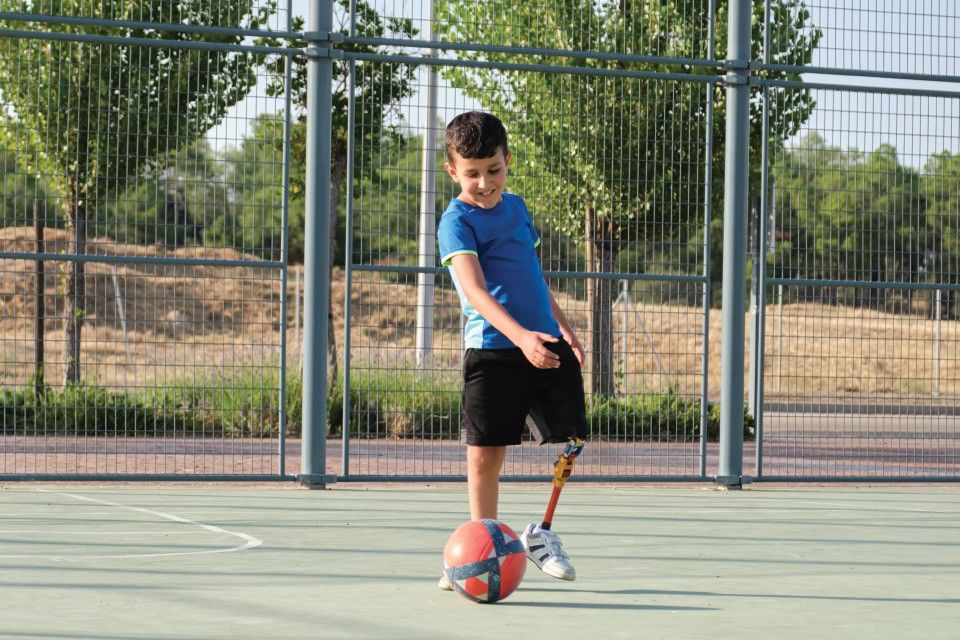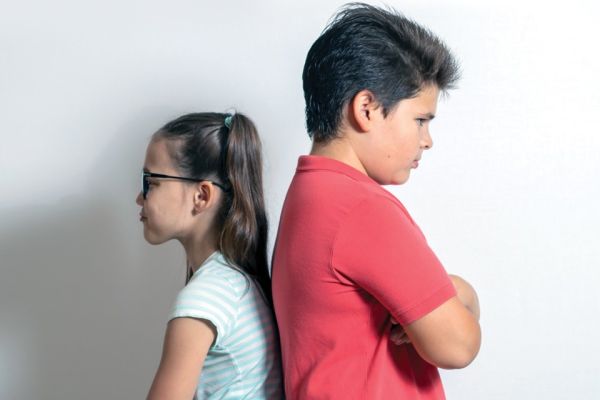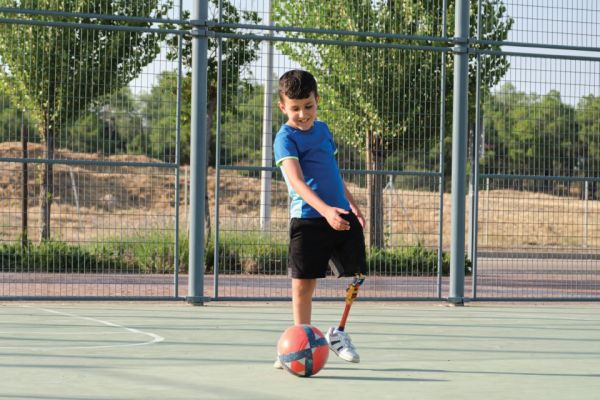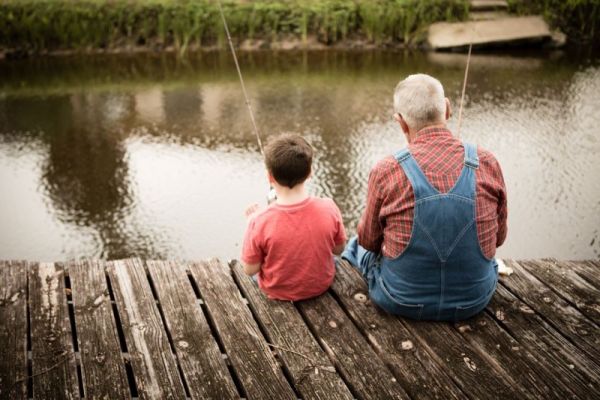Building Body Image Resilience in Kids
Author: Dr. Gemma Tatangelo, Australian Catholic University

Many assume that body image just refers to the way that a person feels about their appearance. Another important aspect is how a person feels about the things they can do with their body.
Having a healthy body image means being comfortable with the way you look, most of the time. It means being satisfied with what you can do with your body, most of the time. And it means accepting yourself as you are, most of the time.
It’s important to remember that everyone has bad days. Just because you feel frustrated with yourself sometimes, doesn’t mean that you have an unhealthy body image! The same is true for children. Children will have bad days when they feel disappointed or unhappy with themselves and their bodies. Unless this is the case most of the time, they probably do not have poor body image.
And while there is no simple answer to the question of definitive contributors to body image in kids, it is a combination of factors including parents, children’s peers and the media. Parents can be influential in shaping their child’s views about the importance of physical appearance. In addition, research shows that children copy the attitudes that parents have towards their own bodies. Teasing from peers can also have an impact on children’s feelings towards their body. And of course, children are inevitably exposed to various types of media such as television shows, movies, advertising, online games, etc. Unfortunately, media tend to create an impression that only one kind of body shape is ‘ideal’.
Click Read Article below for Five Simple Strategies for Parents.
It’s important to remember that everyone has bad days. Just because you feel frustrated with yourself sometimes, doesn’t mean that you have an unhealthy body image! The same is true for children. Children will have bad days when they feel disappointed or unhappy with themselves and their bodies. Unless this is the case most of the time, they probably do not have poor body image.
And while there is no simple answer to the question of definitive contributors to body image in kids, it is a combination of factors including parents, children’s peers and the media. Parents can be influential in shaping their child’s views about the importance of physical appearance. In addition, research shows that children copy the attitudes that parents have towards their own bodies. Teasing from peers can also have an impact on children’s feelings towards their body. And of course, children are inevitably exposed to various types of media such as television shows, movies, advertising, online games, etc. Unfortunately, media tend to create an impression that only one kind of body shape is ‘ideal’.
Click Read Article below for Five Simple Strategies for Parents.
“The best way to protect children from these influences is to build-up their self-esteem, resilience and body image, so that they are not as vulnerable to these pressures.”






 How to resolve AdBlock issue?
How to resolve AdBlock issue?